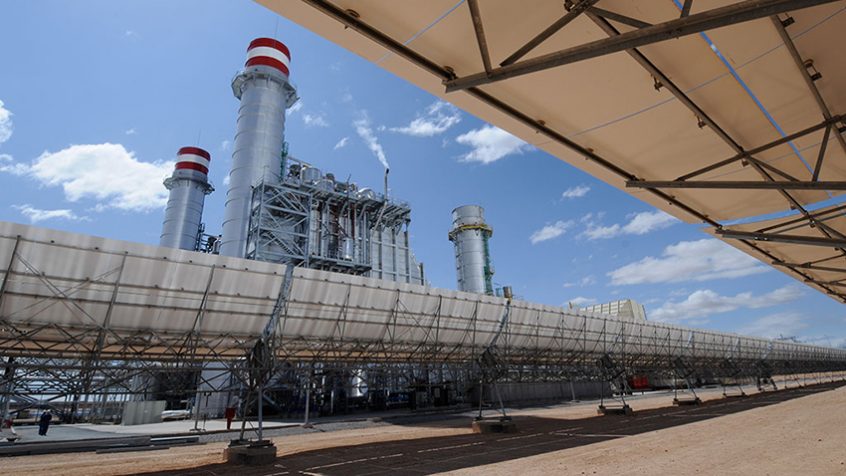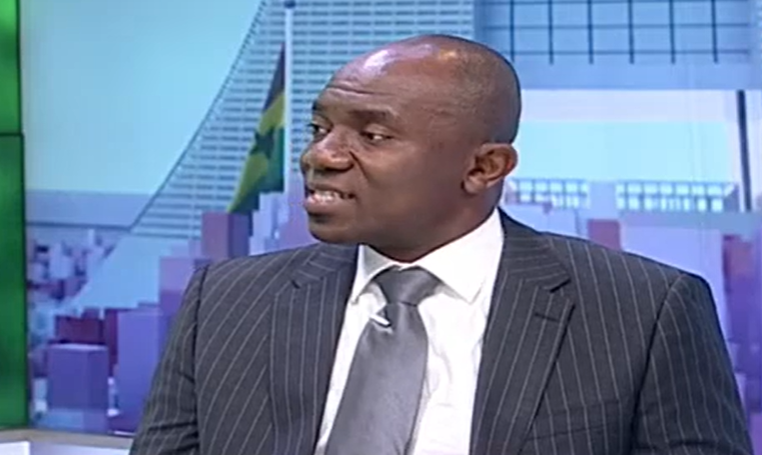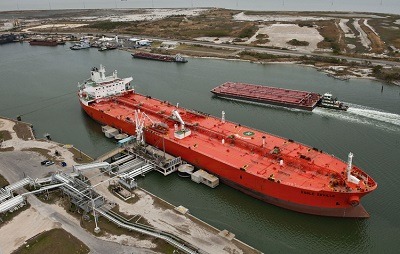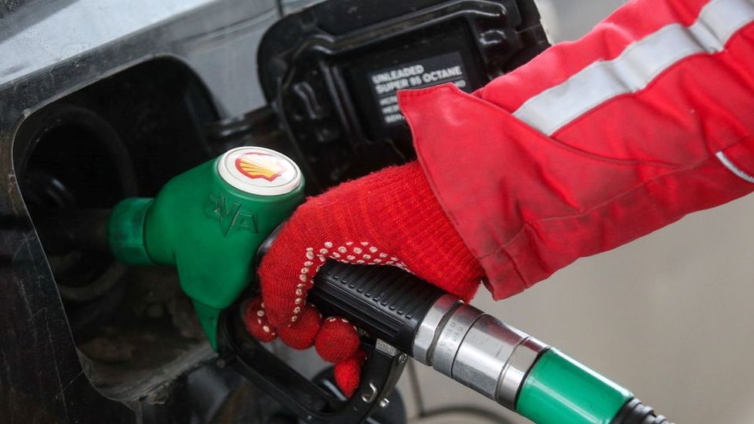The world is not on track to achieving energy-related Sustainable Development Goals, according to a new series of Policy Briefs launched today at the United Nations. Supported by data and analysis from the International Energy Agency, this series of 27 Policy Briefs provides the latest assessment of where the world stands on goals for universal energy access and increasing renewables and energy efficiency. The Policy Briefs also chart the crucial interlinkages between energy and other development objectives, and outline what needs to be done to scale up and accelerate policies, innovation, finance and capacity-building between now and 2030.
Energy is not only a global goal in its own right but is at the heart of the sustainable development agenda to 2030, and is essential for reducing poverty, improving health and ensuring environmental sustainability. However, the latest data shows that global progress falls short on all four energy-related targets established under SDG 7, which aims to ensure access to affordable, reliable, sustainable and modern energy for all by 2030.
There are still around one billion people without access to electricity (SDG 7.1.1). There has been significant progress in many countries, especially in Asia, but progress has been uneven: there are now more people without electricity access in sub-Saharan Africa than there were in 2000, and under current trends, there would still be more than 670 million without access in 2030.
The picture is even dimmer when it comes to access to clean and modern cooking facilities (SDG 7.1.2). About 2.8 billion people rely on polluting fuels to cook their daily meals, a number which has not changed since 2000. Without greater ambition, 2.3 billion will still remain without clean cooking access in 2030, with grave health, environmental and social consequences.
The share of modern renewables in global final energy consumption (SDG 7.2) has been growing steadily in the past decades, reaching nearly 10% in 2015. However, to achieve a truly sustainable energy system, this share needs to more than double to 21% by 2030. But while wind and solar deployment has accelerated, this goal is still out of reach under current policies.
Finally, while 2015 was an impressive year for energy efficiency (SDG 7.3), with global energy intensity falling by 2.8%, IEA data shows that progress has slowed significantly in 2016 and 2017, and on average still falls short of the 2.7% target needed to achieve the SDG target.
The United Nations will have the first in-depth review of SDG 7 at the High-level Political Forum on Sustainable Development in July this year. This is an important time to assess where we stand with our global energy goals, where existing national policies are taking us, and how to steer the global energy system towards a more sustainable path. To assist this critical process, the IEA has decided to create a new online resource to centralize all of our data and scenario projections in support of the 2030 Agenda.
The launch of the briefings will be webcast at http://webtv.un.org/
Source: International Energy Agyency





